Unceded Voices acknowledges that we are on the traditional territory of the Kanien’kehá:ka. The Kanien’kehá:ka are the keepers of the Eastern Door of the Haudenosaunee Confederacy. The island called “Montreal” is known as Tiohtià:ke in the language of the Kanien’kehá:ka, and it has historically been a meeting place for other Indigenous nations, including the Algonquin peoples. It’s not enough to just acknowledge the keepers of this land. We encourage everyone to get informed, and to actively resist colonialism and neocolonialism in the many forms it takes, and in the diversity of forms that resistance can take, too.
While many celebrate the so-called Montreal 375th Anniversary and the so-called Canada 150th Confederation Anniversary this year, Indigenous artists will continue to make anti-colonial artwork on their stolen native land. This summer, Unceded Voices collective will host the third annual Unceded Voices: Anticolonial Street Artists Convergence on the island of Tiohtià:ke (known today as Montreal). The goal of the street art project is threefold: to develop a network of solidarity and support between Indigenous street artists and street artists of colour; to promote anti-colonial resistance through diverse street art interventions; and to foster relationships and dialogue between the collective and the broader community. The artists from our collective choose to reject and deconstruct the colonial system, a system that has had devastating impacts in Indigenous communities across Canada. The ripple effects from intergenerational colonial trauma and violence remain overwhelming.
Unceded Voices imagines street art as a useful method of exhibiting Indigenous visual traditions. Through murals, wheat pastes, stencils, performances, and other media, artists can express their demands, identities, and histories. Our collective recognizes the importance of walls and structures as critical spaces to reclaim unceded Indigenous land and to aid Indigenous artists in their movement toward justice and healing for themselves and their cultures.
The street art world is dominated by white men and resistance is difficult in this context of white supremacy, where Indigenous women and Women of Colour’s bodies and spirituality are constantly endangered. The space created by our collective supports women artists and serves to counter this experience. We encourage personal reflection and shared discussion around the creation of works, which sometimes leads to more questions, and other times to a place of healing. We never forget the collective affirmation of our power and our decision to claim our space in the local community.
A solidarity, rarely seen in street art, has emerged through our dialogues, along with new avenues for fostering relationships and resilience. The members of our collective are steadfast in their mandate of working together and in trying to do radical art in a way that cultivates collective reflection. Partnerships and collective artworks have been forged between: Swarm and Red Bandit; Lindsay Katsitsakatste Delaronde and Lianne Charlie; and Dayna Danger and Jessica Canard, to name a few.
In the space provided by Unceded Voices, participants share knowledge and consider the territories we inhabit out of respect for the land from which we benefit. For example, artist Lindsay Katsitsakatste Delaronde (Kahnawake, Mohawk) endeavoured to start a dialogue with the community through a street art performance (August 2015) wherein she approached local Montrealers and asked them what they knew about the Mohawk and Iroquois people, the original stewards of the land they were meeting upon. Lindsay described this process as not only crucial in the promotion of Indigenous and non-Indigenous relationships, but mutually beneficial for both her and those she encountered, in a moment of sharing and receiving knowledge among present-day inhabitants of Tiohtià:ke. It is in these moments of dialogue in the social milieu that a real moment of meeting between the artists and the public begins. As people are encouraged to ask questions about the artists’ work, a new popular education about Indigenous artwork and cultural appropriation is realized.
We are convinced that anti-colonial art, and street art in particular, can be transformative. The power of the relationships we have formed, thus far, runs through us like the rivers that connect our communities, like the waters that sustain life. In this engagement we are talking, we are creating, we are healing. Our resilience is unrelenting. We are rising.
The next Unceded Voices: Anticolonial Street Artists Convergence will take place in Tiohtià:ke, August 13-21, 2017. Visit www.decolonizingstreetart.com and follow instagram.com/unceded_voices for more information.



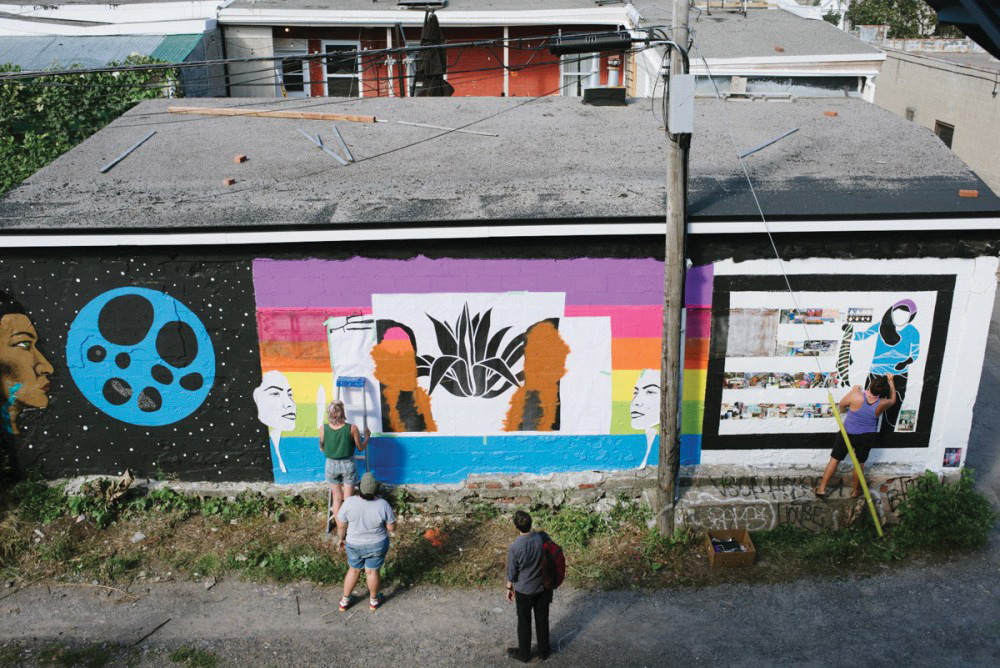


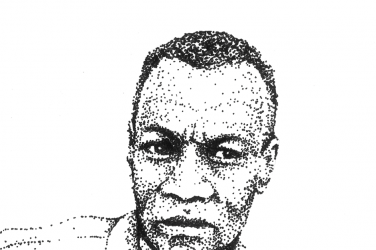
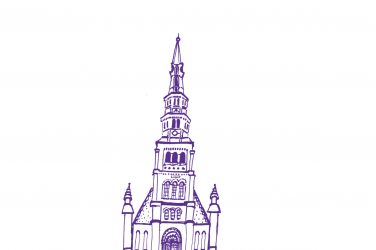
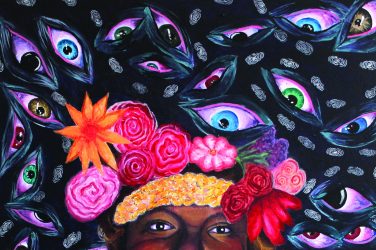
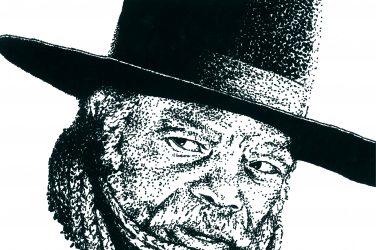
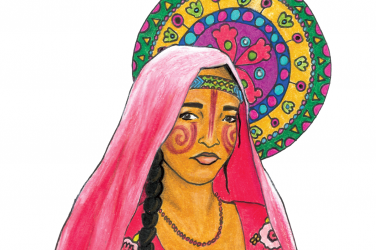
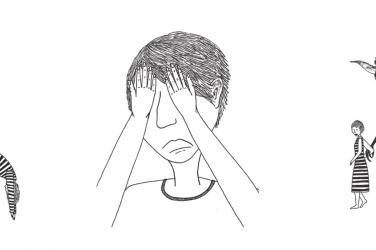
Show Comments (0)